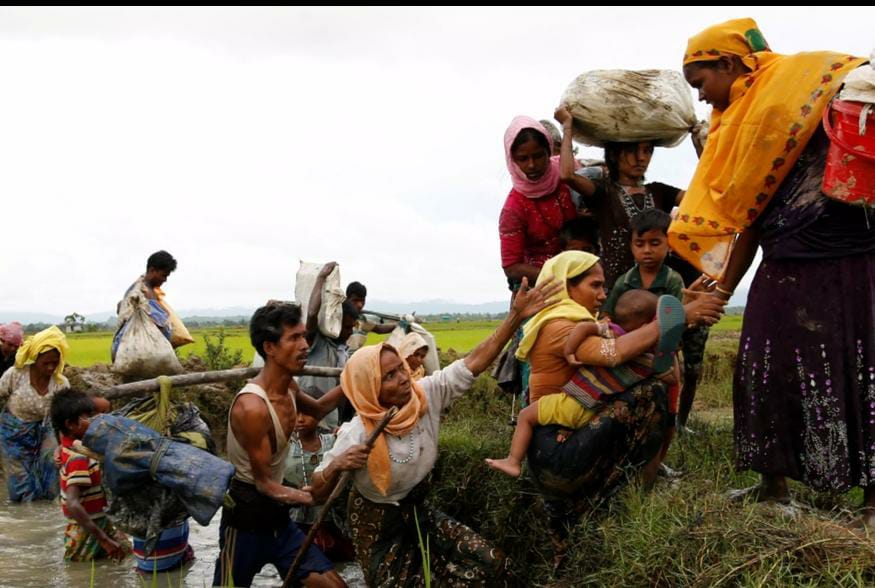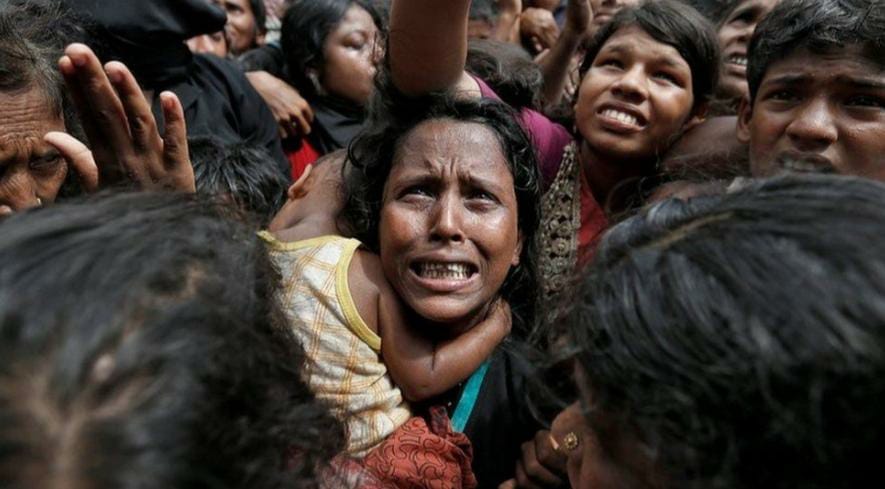The International Court of Justice, on 22 July, rejected Myanmar’s objections to a genocide case over its Muslim Rohingya minority. Myanmar, now governed by a Military Junta that seized power in 2021, had argued that the Gambia, which brought the suit, had no support to do at the top UN court, formally known as the International Court of Justice.
But presiding Judge Joan Donoghue stated that all states that had signed the 1948 Genocide Convention must take the step to protect against genocide, and the court had jurisdiction in the case. The court will now proceed toward the merits of the case, which will take years.
The Gambia looked up the Rohingya issue in 2019, backed by the 57-nation Organisation against Islamic Cooperation, in a suit targetting to hold Myanmar chargeable and protect against further bloodshed.
According to Gambia Justice Minister Dawda Jallow, outside the courtroom that he was “delighted” with the decision and was confident the suit would be victorious.

Gambia became connected after his predecessor, Abubacarr Tambadou, a former prosecutor at the UN Rwanda tribunal, gave a visit to the refugee camp in Bangladesh and said that the stories he heard called up memories of the genocide in Rwanda.
A representative for Myanmar states that the state would do its “utmost” to the prevention of the country’s national interest in further procedures. Outside the court’s gate, protesters hoisted a red banner with the written text “Free Burma”. They cried out at cars causing the junta’s representatives to abandon the building after the conclusion.
A UN fact-finding mission found out that a 2017 military campaign by Myanmar that drove 730,000 Rohingya into closest Bangladesh had included “genocidal acts.”
Myanmar has denied the genocide, rejecting the UN findings as “biased and flawed.” It says its crackdown was focused on Rohingya rebels’ outraged attacks. While the Hague court’s recommendations are binding and countries generally adhere to them, it has no way of imposing them.
In a 2020 provisional order, it ordered Myanmar to prevent the Rohingya from sin, a legal victory that confirmed their right under international law as a prevented minority. Still, Rohingya groups and rights activists say there has been no meaningful attempt by the government to end their systemic persecution.

Rohingya are still reluctant toward citizenship and liberal movement in Myanmar. Tens of thousands have now been confined to squalid replacement camps for ten years.
Bangladesh’s Foreign Ministry welcomed the judgment in a statement.
“For the victims living in the camps in Bangladesh as well as in Myanmar, they see the hope that justice will be delivered to them and that the perpetrators in the Myanmar military will be brought to accountability,” the statement said.

